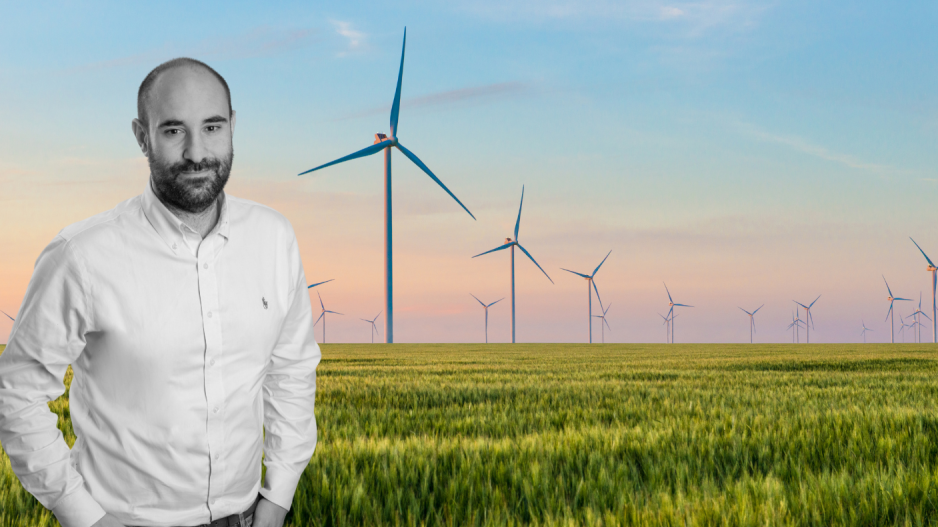Navigating the Troubled Waters of the EU's Green Deal
Lust for Vision: The challenges EU's Green Deal faces
EMBIO started with the vision to remove pesticides from our food. We have been listed 3 times in FoodTech 500, and our products work well and are improving. We have successfully done a lot of things, however monitoring pesticides for a meaningful number of samples per day is not one of these. The problem is only growing. The reason? Because the regulations are not written with the society in mind.
The European Union's ambitious Green Deal faces a multitude of challenges as it seeks to lead the continent towards a greener, more sustainable future. The recent uproar from the agriculture sector and the noticeable political shift towards Eurosceptic parties cast a long shadow over the Deal's implementation. These events underscore a fundamental truth in policy-making: the necessity of balancing ambitious environmental goals with the economic and social realities of its citizens.
Farmers' protests have turned into emblematic stand-offs, spotlighting the tensions between immediate local concerns and long-term global environmental goals. Meanwhile, political landscapes are shifting, with a notable rise in the voices of far-right nationalists who challenge the premises of the EU's climate policies, leveraging rural discontent and painting climate legislation as an elitist agenda that overlooks the common man's struggles.
These pressures have led to significant policy retreats, such as the European Commission's reconsideration of its proposal to significantly reduce the use of chemical pesticides by 2030. This incident is a stark reminder of the fragile political consensus supporting the Green Deal and hints at the complex negotiation between advancing environmental objectives and maintaining political stability and public support.
As we look ahead, it's clear that the path towards implementing the European Green Deal is fraught with political, social, and economic landmines. The challenge is not only in crafting policies that are environmentally sound but also in ensuring these policies are resilient to the ebbs and flows of political currents and public opinion. The rise of Euroscepticism and the backlash from vital sectors, such as agriculture, emphasize the need for a more inclusive approach to designing and implementing green policies — one that brings all stakeholders to the table and seeks to balance divergent interests and priorities.
Achieving the EU’s ambitious climate targets demands more than just legislative action; it requires the buy-in of the entire society, including those whose livelihoods might be most disrupted by the transition to a greener economy. Without broader societal support, even the most well-intentioned policies risk being undermined by political opposition and public dissent. Crafting a narrative that connects the dots between short-term sacrifices and the long-term benefits of a sustainable, carbon-neutral future is crucial.
In conclusion, von der Leyen's shift in pesticide policy casts a revealing light on a broader challenge faced by the European Green Deal: the complex task of upholding ambitious climate goals without alienating key constituents. Finding common ground amidst the clamour of political opposition, social unrest, and economic concerns will require robust dialogue, nuanced policymaking, and an unswerving commitment to the principles of sustainability. This intricate dance of aligning immediate interests with long-term environmental imperatives is not just key to maintaining momentum toward Europe’s climate objectives but is fundamental to ensuring the Green Deal's survival in a landscape increasingly characterized by political volatility.






